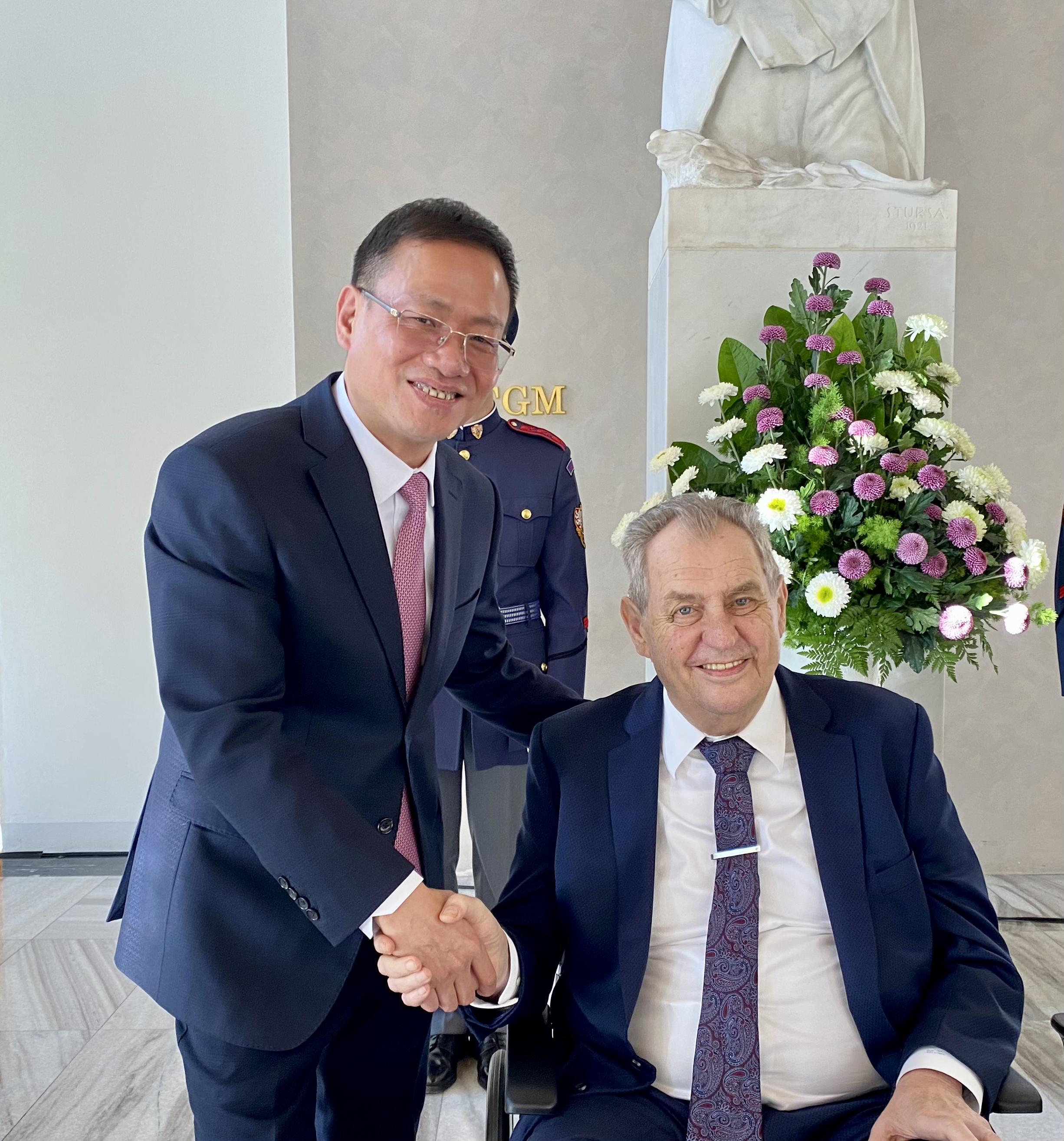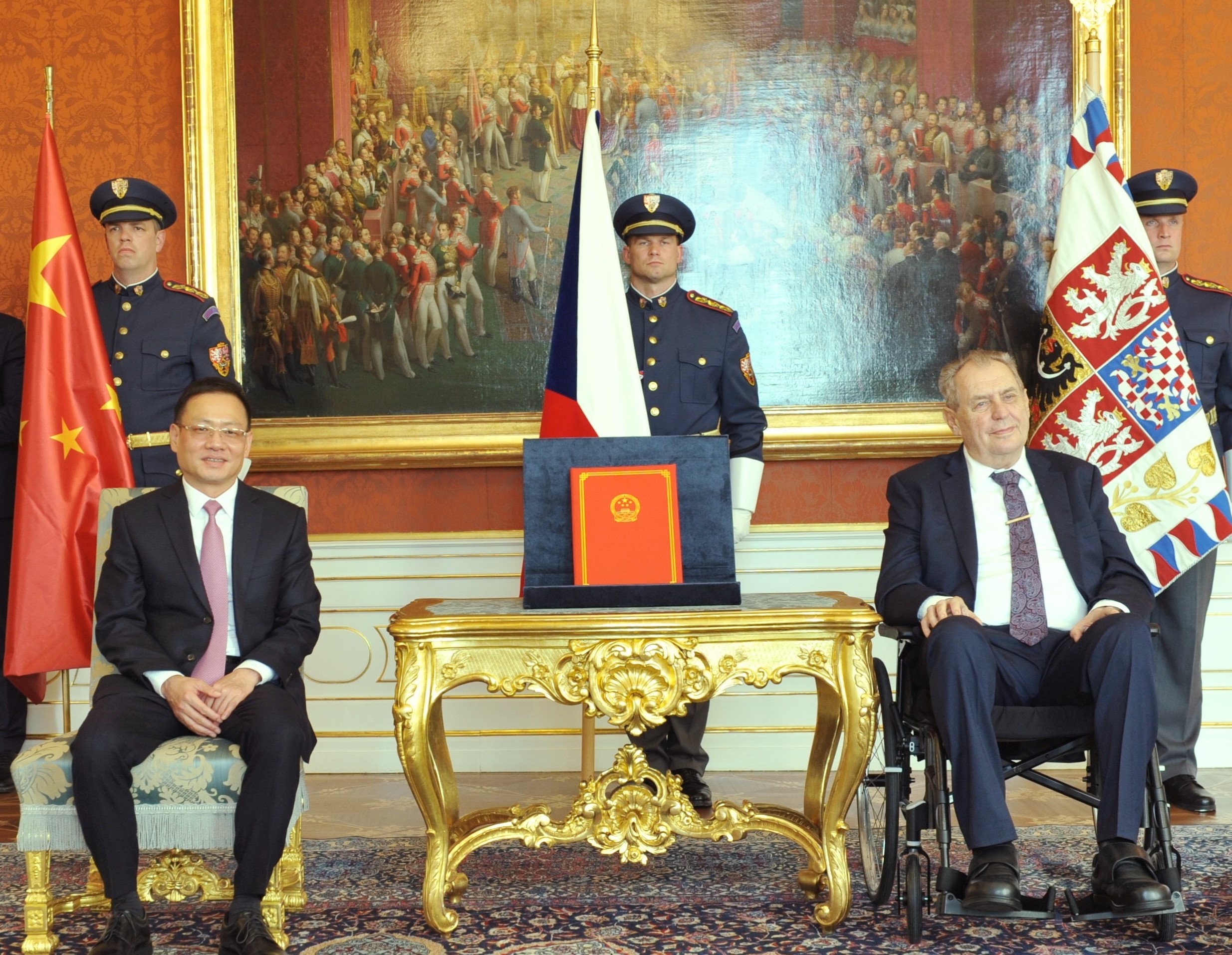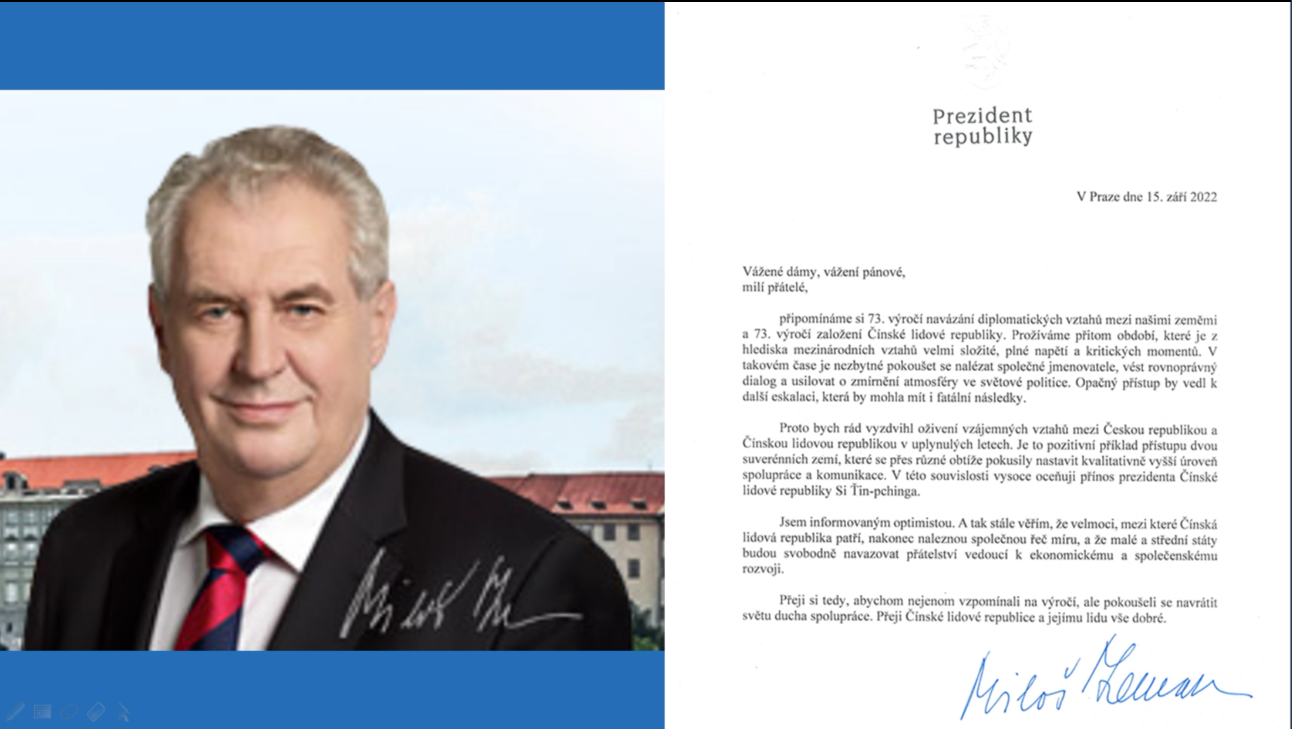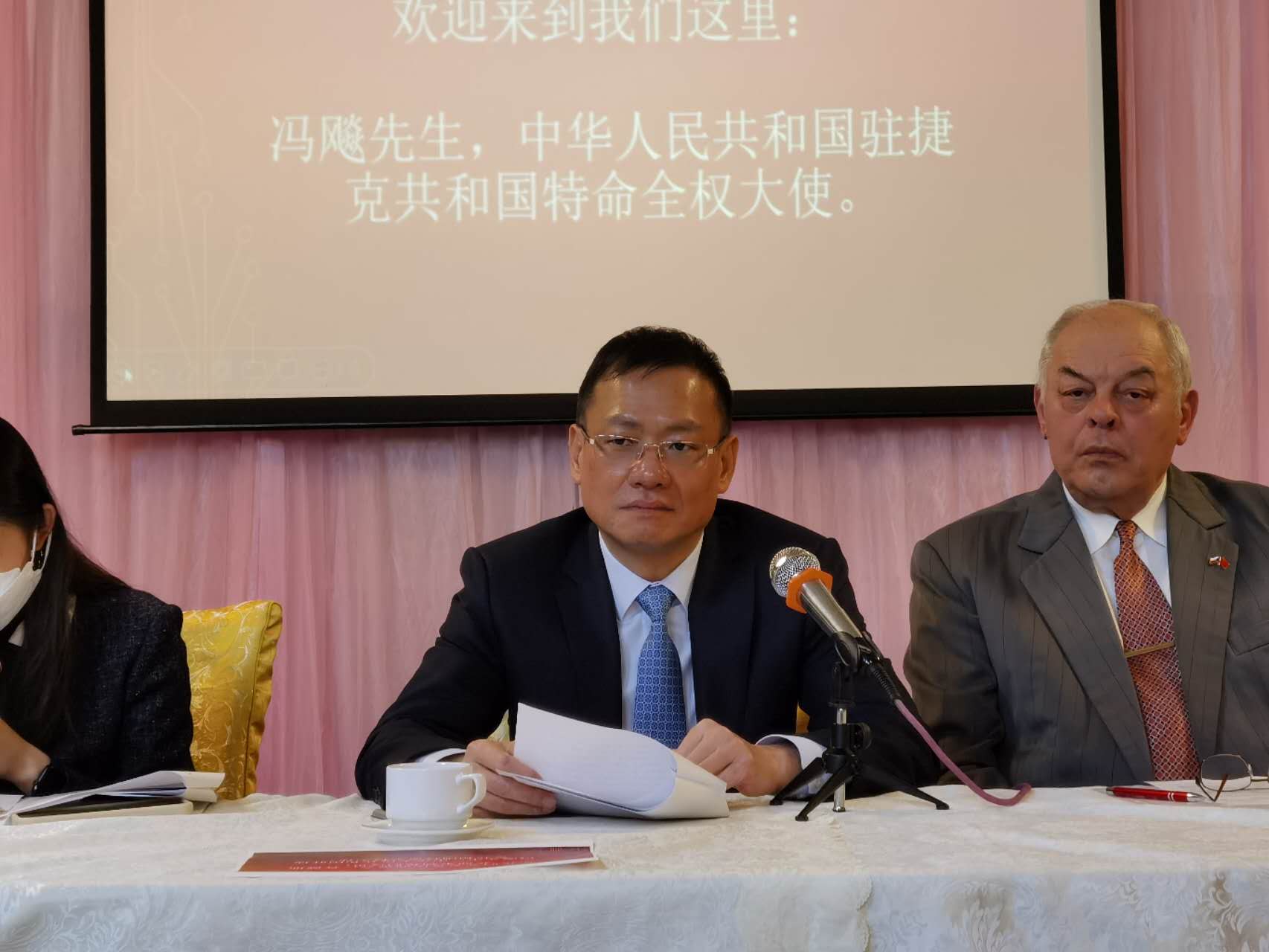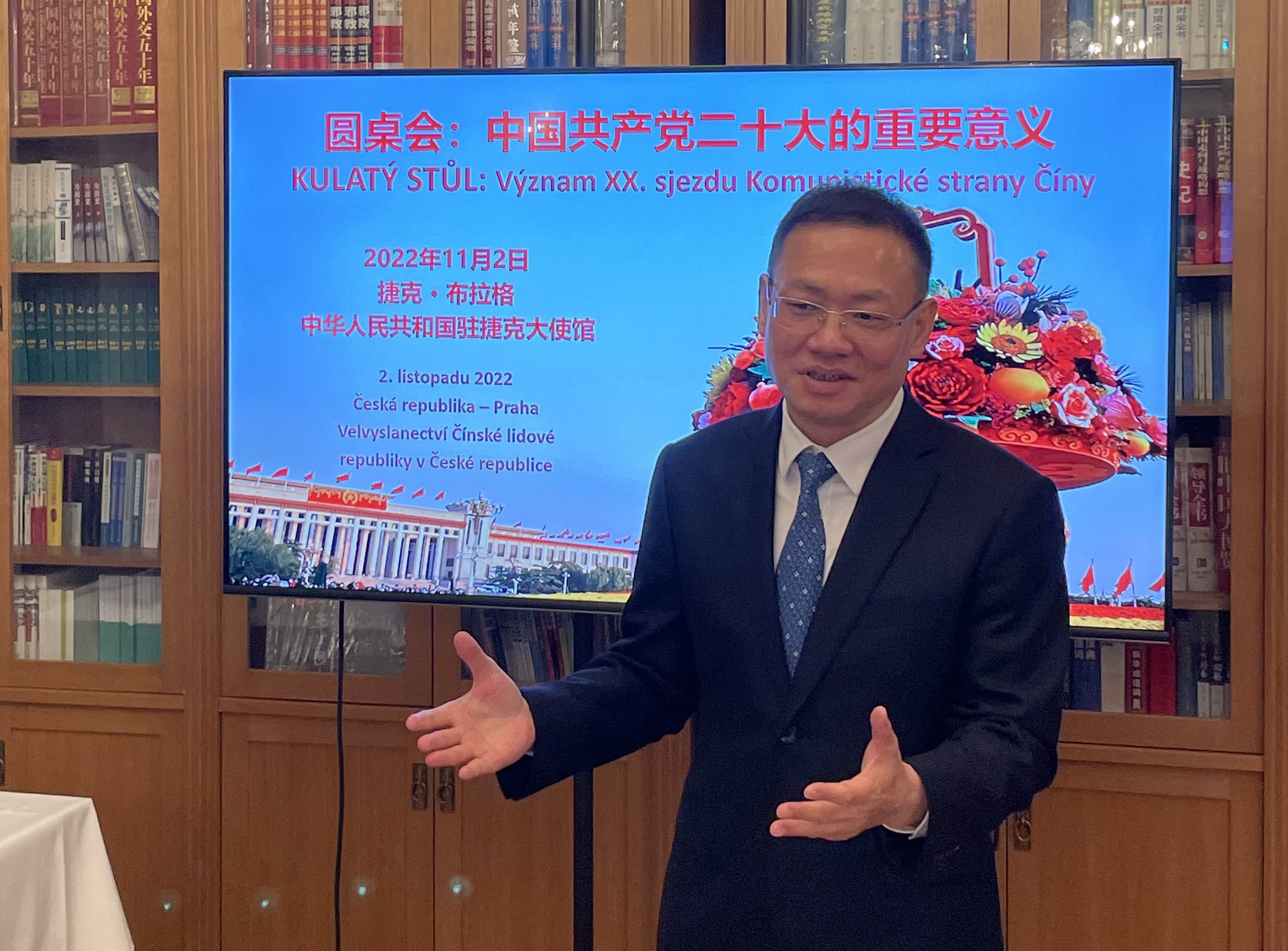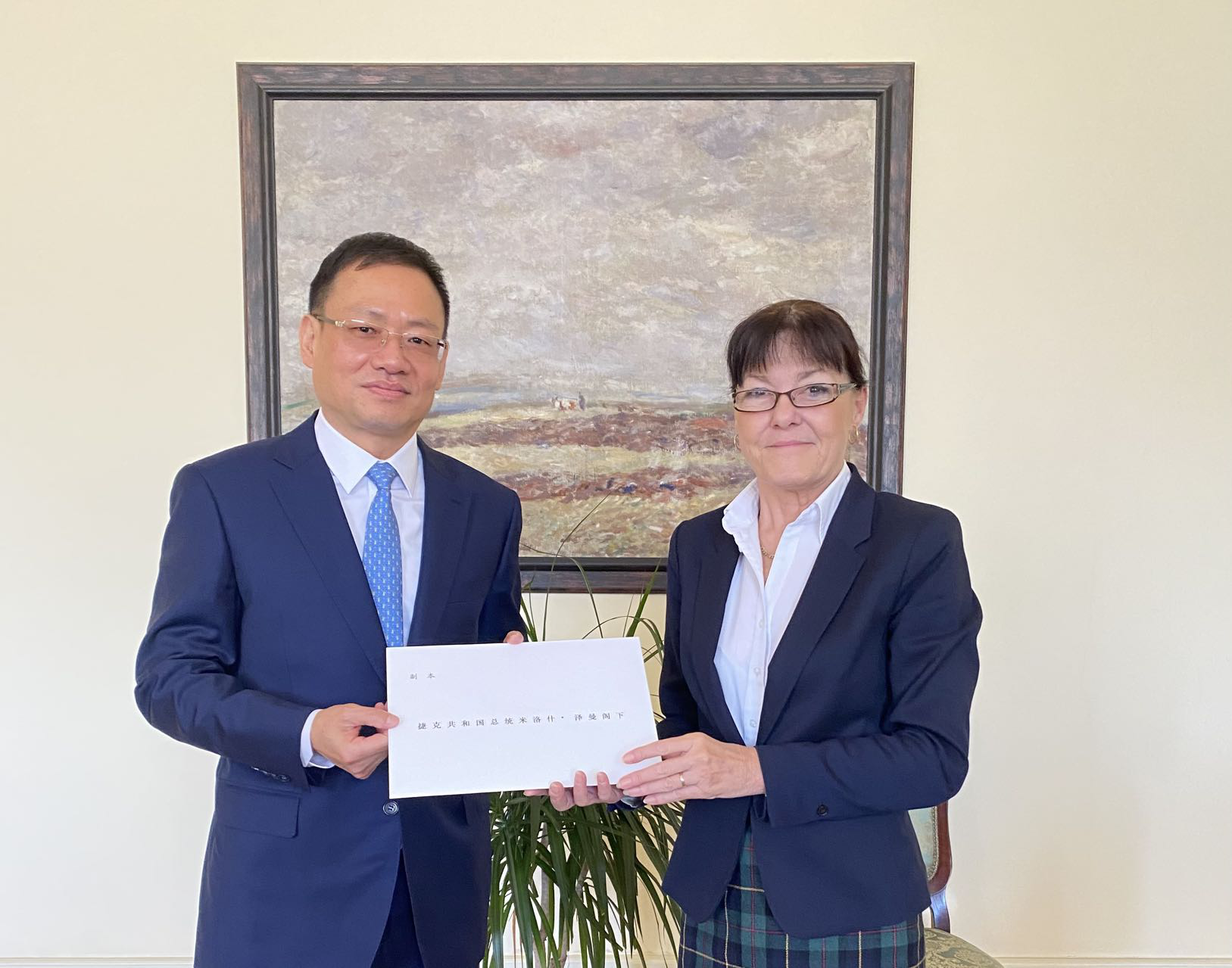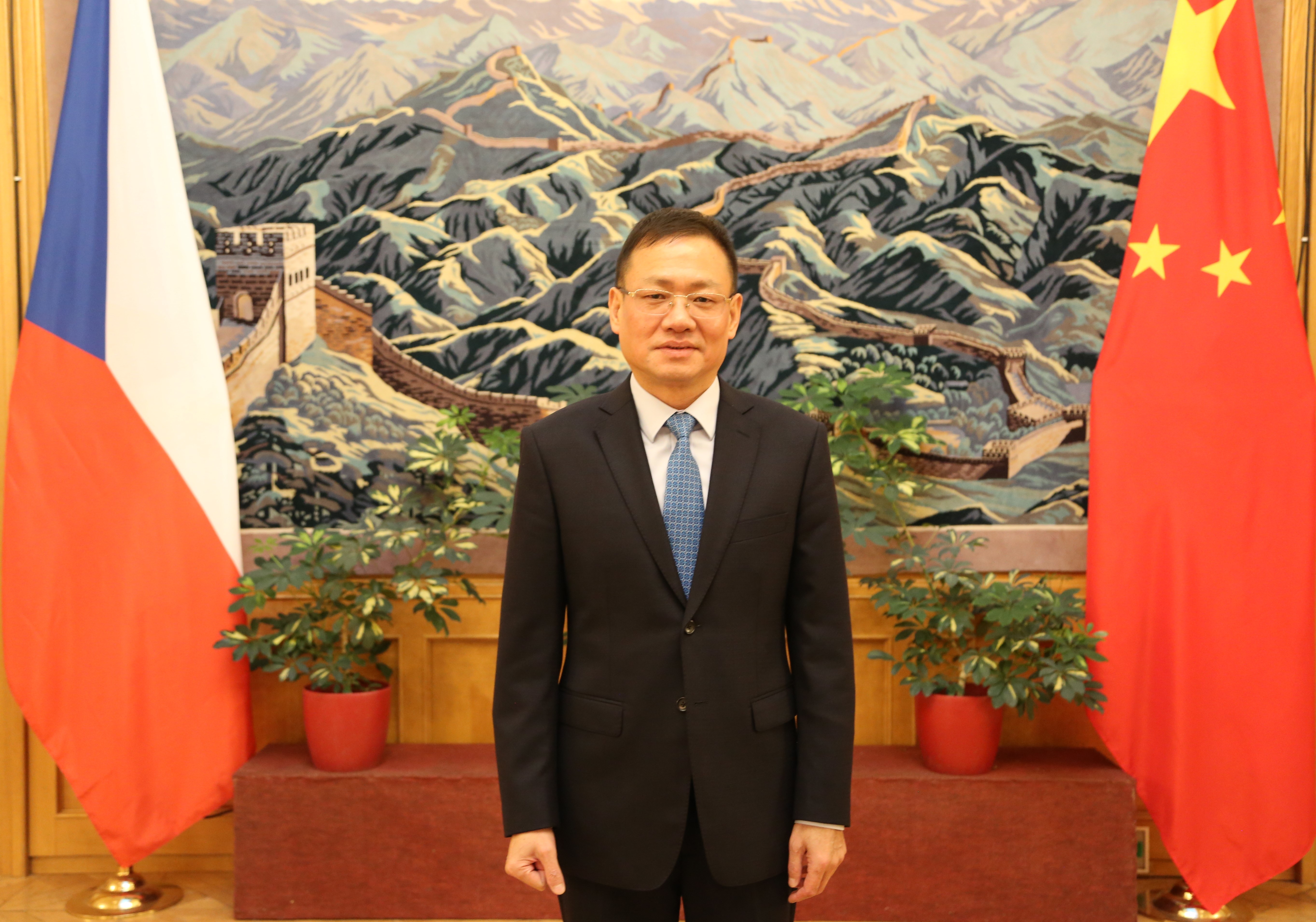| Premier Wen says China will keep yuan "basically stable" |
| 2010-03-16 18:37 |
| BEIJING, March 14 (Xinhua) -- Chinese Premier Wen Jiabao reiterated on Sunday that China will stick to a stable yuan and opposes other countries pointing their fingers at its currency policy, despite increasing pressures on yuan appreciation. "A country's exchange rate policy and its exchange rates should be decided by its national economic situation," Wen said while meeting the press after the annual parliament session. Wen said China will further improve the yuan exchange rate formation mechanism and keep the yuan exchange rates basically stable at a reasonable and balanced level. Foreign pressures will not help the currency reform, the Premier said. He said a stable yuan has played an important role in facilitating the recovery of the global economy from the worst financial crisis in decades. China began its currency reform to unpeg the yuan against the U.S. dollar in July 2005, the yuan has appreciated 21 percent against the U.S. dollar, or 16 percent in real terms, Wen said. "We did not depreciate the RMB from July 2008 to February 2009 when the global economy was in extreme trouble, but it appreciated in real terms by 14.5 percent," he told hundreds of domestic and foreign journalists. During this period, Wen said, China's exports fell by 16 percent but imports only dropped 11 percent and its trade surplus decreased 102 billion U.S. dollars. China has counted exports from 37 countries to it last year, of which 16 countries witnessed increases, he said. "Taking Germany as an example, its exports to China hit a record high to 76 billion euros last year," Wen said, "The United States saw its total exports down by 17 percent, while its exports to China fell by only 0.22 percent." The total exports from European Union plummeted by 20.3 percent in 2009, compared with a 15.3 percent decline in exports to China, Wen said. China has become a major market for exports from its neighboring countries, including Japan and the Republic of Korea (ROK), as well as Europe and the United States, he said. China, which overtook Germany as the world's biggest exporter at the end of 2009, is under increasing criticism for devaluating the renminbi, or its currency yuan, to earn price advantages. On March 11, U.S. President Barack Obama pressed China to embrace a "market-oriented" exchange rate for yuan, saying the move is "an essential contribution to that global rebalancing effort." The Chinese government, however, has reiterated in many occasions that China will keep its currency basically stable. "I think that Chinese yuan is not undervalued," Wen stressed Sunday. He also promised that China will strive to make balanced international payment and launch new measures to increase imports. "We sent purchasing groups to the European Union and the United States when the world was stranded in the most difficult period of time (in the global financial crisis)," he said. Wen pointed out that protectionism worsens as the global financial crisis deepens. "Some countries' moves to shore up exports are understandable. But what I can not understand is they devaluate their own currencies while on the contrary pushing for the appreciation of other currencies. I think it is protectionism," he said. "I am a staunch supporter of free trade, since it will not only promote world economic growth, but also improve people's livelihoods," Wen said. |
|
||||||||||||||||
| ||||||||||||||||
|
|
||||||||||||||||

